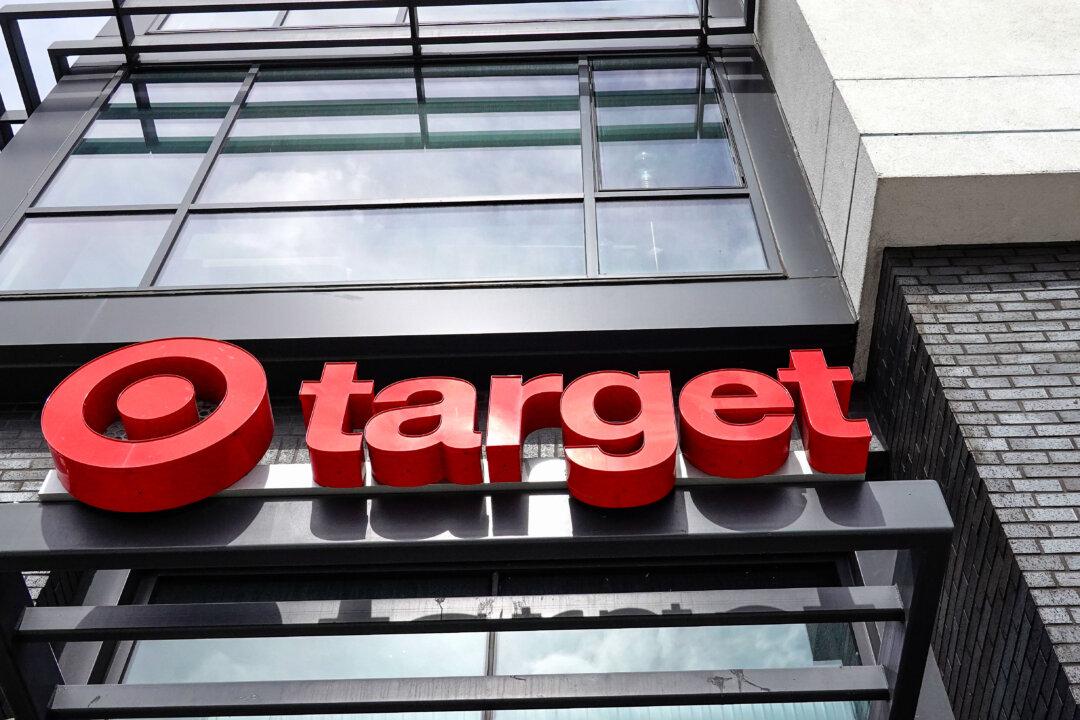Target shoppers will soon no longer be able to pay with personal checks, as the retailer announced that it’s dropping that form of payment as of July 15.
Amid the declining popularity of personal check use over the past few years, retailers such as Aldi and Whole Foods have stopped accepting personal checks. Target will soon be joining their ranks.





